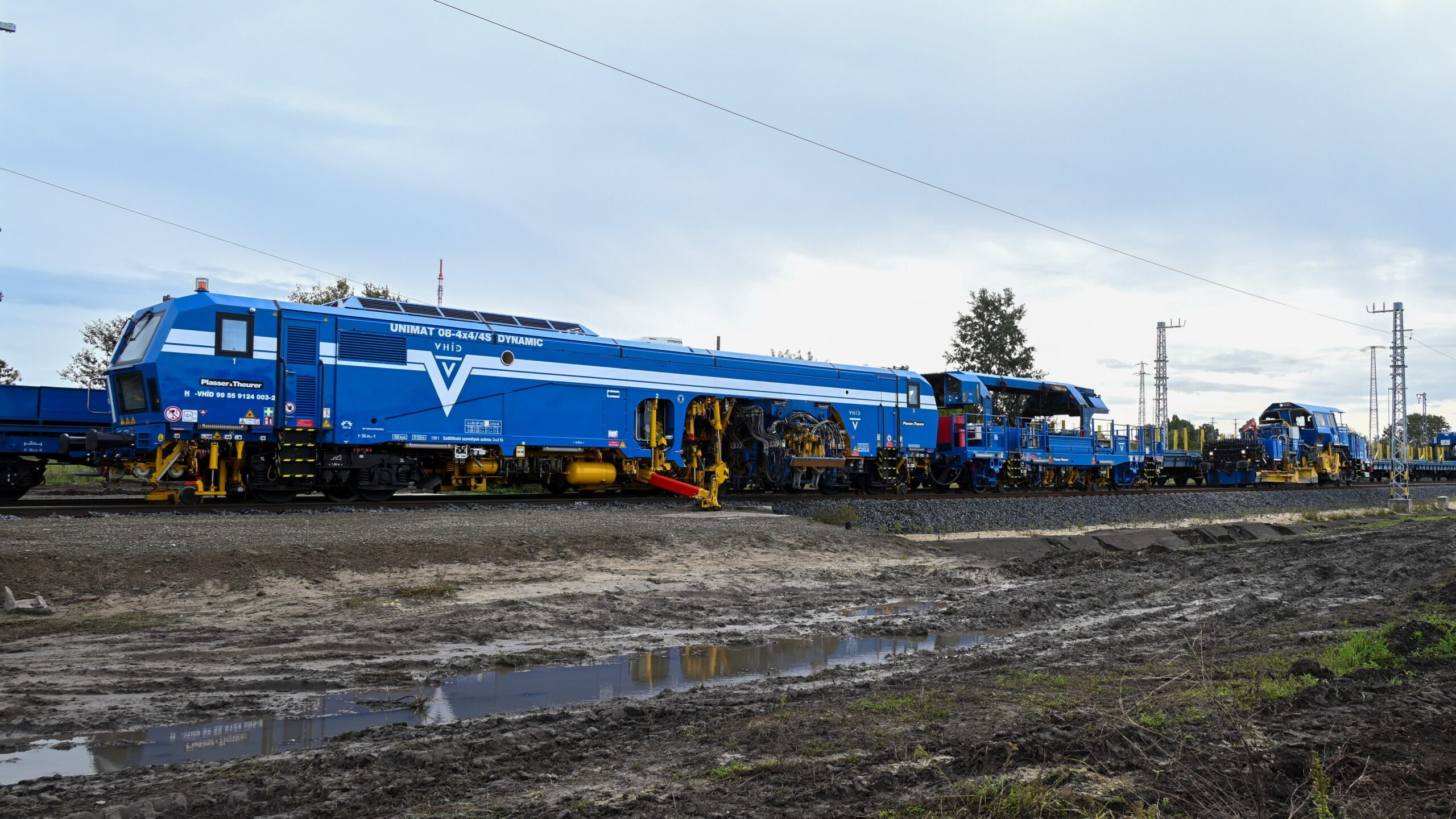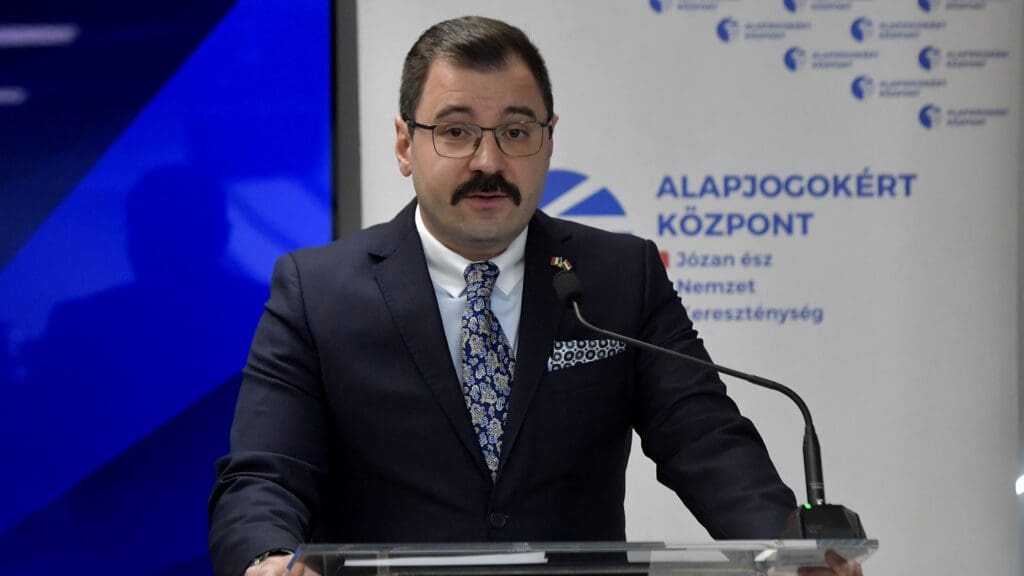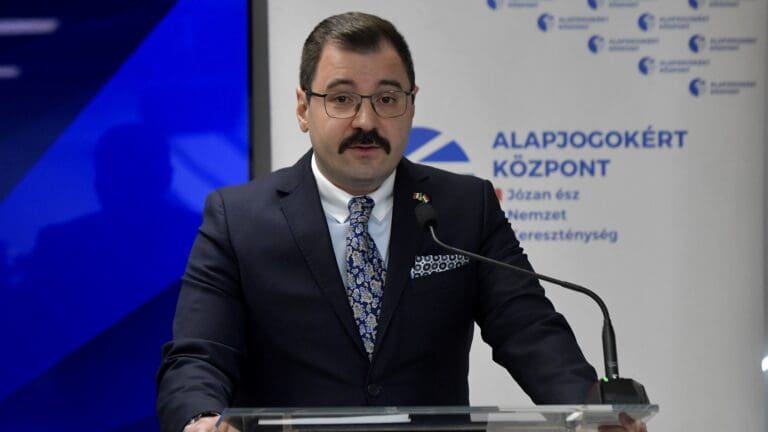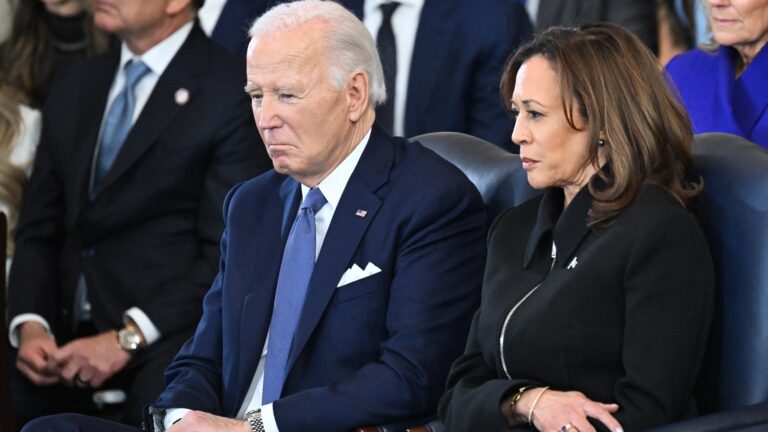A recent post by the US Embassy in Budapest, criticizing Prime Minister Viktor Orbán’s government for fostering closer ties with China and for signing what they describe as ‘secretive agreements’ with the Asian country, misrepresents key facts about the Budapest–Belgrade railway project. The undiplomatic move is quite stunning, but not surprising, as this is the sort of communication that Hungarians have become accustomed to from the embassy and, in particular, its chief of mission.
Bryan E. Leib, in the running to become the next US ambassador to Hungary, also found the post problematic, and called out its activist nature on X, also pledging a change of course once Donald J. Trump enters office.
Bryan E. Leib on X (formerly Twitter): “Now the official @usembbudapest account is attacking the @PM_ViktorOrban government for decisions made by duly elected representatives of the Hungarian people. Who paid for the production of this video? This is not diplomacy. This is activism. This comes to an end on 1/20/25! https://t.co/dhwtHv5KJn / X”
Now the official @usembbudapest account is attacking the @PM_ViktorOrban government for decisions made by duly elected representatives of the Hungarian people. Who paid for the production of this video? This is not diplomacy. This is activism. This comes to an end on 1/20/25! https://t.co/dhwtHv5KJn
The Budapest–Belgrade railway is often cited as a cornerstone of Hungary’s infrastructural modernization and integration into global trade routes. The embassy argues that the project primarily benefits politically connected individuals, but they ignore the broader economic context. This initiative serves as a vital link in China’s Belt and Road Initiative, enhancing Hungary’s position as a logistical hub between Europe and Asia. Such strategic positioning has the potential to bring substantial long-term economic benefits, including increased trade and investment. Additionally, while the project is partially funded by loans from China, it aligns with Hungary’s broader goal of diversifying its economic partnerships. The idea that such developments solely serve political elites disregards the rigorous processes behind securing and implementing international agreements.
‘Confidentiality is not unique to Hungarian–Chinese projects—it is standard in major global infrastructure developments’
The assertion that these agreements are ‘secretive’ is disingenuous and misleading. Like many international contracts, certain elements are obviously subject to non-disclosure agreements to protect competitive and commercial interests. However, such confidentiality is not unique to Hungarian–Chinese projects—it is standard in major global infrastructure developments. The Hungarian government has repeatedly stated its commitment to transparency by involving appropriate authorities and adhering to international legal frameworks.
The embassy also cited the project’s cost, framing it as exorbitant. However, significant infrastructure investments naturally require substantial funding, often with long-term repayment periods. Evaluating the project solely on its initial costs without considering its potential to boost GDP growth, create jobs, and modernize Hungary’s transportation network presents an incomplete picture.
Hungary’s engagement with China is not an abandonment of Western alliances but a pragmatic move to diversify economic ties. As a member of the European Union, Hungary operates within a framework that respects shared EU values while pursuing its sovereign interests. Strengthening economic ties with non-EU countries is a rational approach to mitigating overreliance on single markets. Moreover, Hungary’s collaboration with China does not preclude its continued strong relations with Western allies. It reflects a nuanced foreign policy approach that prioritizes national interest in an increasingly multipolar world.
The Budapest–Belgrade railway project is a complex undertaking with significant implications for Hungary’s future. While scrutiny is essential for ensuring accountability, simplistic and politically charged narratives fail to capture the broader economic and strategic rationale behind such initiatives. Instead of focusing on unsubstantiated allegations, discussions should consider how Hungary can maximize the benefits of this project for its citizens and its role in global trade networks.
Related articles:








